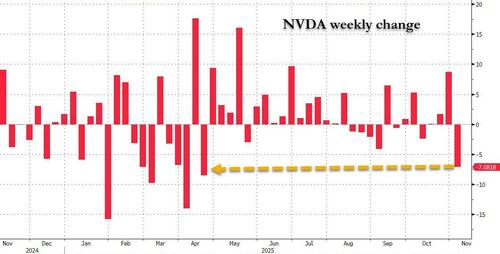Friday, June 23, 2023 | 2 a.m.
The United States has experienced widespread polarization and vitriolic political debates that seem more vicious by the day, and it begs the question: What’s the source of the divide? As the one-year anniversary of the Dobbs decision that overturned Roe v. Wade approaches, it is clear there is a correlation between restricting women’s rights and callously using women to create an even deeper divide in our nation.
But is it working?
The Dobbs decision allows states to legislate abortion bans and bodies by taking away a woman’s right to choose. Heartbreaking stories such as a 10-year-old rape victim being forced to cross state lines for an abortion and women having miscarriages being denied care are quickly becoming the new normal in a “post-Dobbs” world.
And now, Dobbs legitimizes further attacks on our own bodily autonomy. With the constitutional right to abortion being overturned, it opens the door to the question of when precisely life begins. States that suggest that life begins “at fertilization” threaten our ability to freely use IVF and other fertility treatments.
Despite the fact that two-thirds of American girls and women of childbearing age use contraception, it has also come under direct attack. With Dobbs overturning a landmark Supreme Court case, it sets a frightening precedent for other cases that have aided in bending our country’s moral arc in the right direction. The rise in anti-LGBTQ+ legislation after Dobbs is no coincidence and speaks to the emboldened efforts by extremists to limit justice and freedom.
Using women to create division as a strategy does not shock me — after all, women comprise more than half of our country’s electorate. Feminist groups in the 1970s set out to make “the personal political” by advocating for a woman’s right to control her own body — including ending her pregnancy. As states began to legalize abortion (even before Roe v. Wade) and the “right to choose” became a lasting consciousness, opposition to such basic beliefs firmly took root. Even now, in 2023, we are still being subjected to tireless debates surrounding women’s rights and liberties. And while I am not at all shocked by the brazen attempts to use women to deepen our country’s divide, I am surprised that these extremists at the heart of this needless narrative think this will work.
What Dobbs and the anti-abortion extremists behind it have managed to do is mobilize the very same base they set out to take advantage of. In the aftermath of Dobbs, the number of women registering to vote rose by 35% in at least 10 states. In Michigan, activists banded to obtain a record number of signatures to ensure an abortion rights measure would be on the ballot, and in Kansas, nearly 60% of voters decisively voted against eliminating the right to choose. These spectacular instances of resistance showcase women’s refusal to back down in the face of adversity and our commitment to our democracy.
In the attempts to manufacture division, there is no greater resistance than banding tighter around the foundations of democracy. And there is nothing more democratic and encouraging than a mobilized base exercising their constitutional right to protest and to make their voices heard — especially when it has been forcibly silenced. After all, unity does not mean unanimity.
We are a country founded on the ideals of disagreement and debate to bring about a stronger government and nation. As we near the 2024 elections, it would be wise for anti-abortion extremists to not further diminish the integrity and power of the women they set out to control. We must continue to show up at the polls to assert and demand our basic right to freedom. It is certainly true that a house divided against itself cannot stand. Luckily, and primarily, due to the women who have been targeted and taken advantage of, we don’t have to worry about that.
Christian Nunes is president of the National Organization for Women. Nunes wrote this for insidesources.com.















